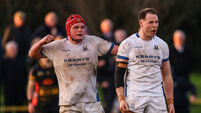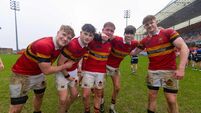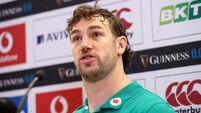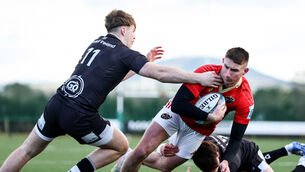Ireland be proud, you have moved on
Hoarse and overcome with emotion, tens of thousands of men, women and children poured out from this citadel of Gaelic games.
Everyone was certain they had stepped out into a different Ireland than the one that had tortured itself for weeks over the playing of the British national anthem in this sacred ground.















